May is the month designated to promote electrical safety. It is appropriate to set aside a time to emphasize this important issue. Too many accidents happen because individuals either fail to understand the hazards involving the misuse or abuse of electricity or they choose to ignore safety guidelines. One would think that members of the electrical industry, especially installers and maintenance personnel, would be familiar with electrical hazards and take the necessary steps to avoid them. Unfortunately, that is not always the case. It seems that familiarity breeds complacency. It is not uncommon to hear the phrase, “electricians are their own worst enemies.” The consuming public generally has little knowledge of electricity and either doesn’t know how to recognize electrical hazards or has been given wrong information by well-meaning but untrained people.
Electrically related fires and electric shock take too heavy a toll both in life, personal injury, and property damage. When we see the abuse of the electrical system, especially in those areas where no electrical inspections are required, it is surprising that there are not even more problems. This is partly the result of the quality of electrical products available and because of the existing electrical safety system in place in most areas. Manufacturers producing electrical equipment and materials based upon good safety and performance standards, the evaluation of those products by third party testing laboratories, and the verification of compliance with safety rules by qualified electrical inspectors all contribute significantly to the safety of users of electricity.
It seems that electrical inspectors need to become more active in promoting electrical safety in their local areas and becoming more visible in the public eye. Firefighters are recognized for the good work they do not only in fighting fires to protect the citizens they serve, but also in promoting fire safety through the local news media and in public appearances. Electrical safety can also be promoted by electrical inspectors through these types of venues. The IAEI has actively promoted electrical safety since it was established. However, it cannot reach many areas in need of safety education that can be accessed by the local electrical inspector. Several things are needed for this effort to be successful. The first is commitment by local inspectors. The inspector must also have support of the governing body to be successful. Unless the mayor, city manager, building official, or other appropriate authority recognizes the importance of promoting electrical safety and supports the electrical inspector in actively conveying that message to the public, the inspector’s efforts are severely handicapped. All too often, inspectors are seen by the public only during an inspection or when a local disaster occurs. In many cases, governmental officials of an inspection jurisdiction hear of the electrical inspector only when a complaint is filed by someone who does not want to comply with safety code rules. Unfortunately, those officials generally don’t hear about the good job inspectors are doing through the proper enforcement of electrical safety code rules to help provide an environment for the public to live and work in safely.
An individual electrical inspector can be very effective in conveying to the public the importance of electrical safety if he or she is willing to put forth the effort and the governmental agency supports it. An important part of this is that the electrical inspector needs to be prepared to meet the public and to promote safety in a professional manner. This includes having a comprehensive understanding of electricity, the dangers involved with it, and a knowledge of the proven safety practices that should be used. It also involves the ability to convey the message to the public in a way that can be readily understood. The National Electrical Safety Foundation (NESF), the Consumer Products Safety Commission (CPSC), and other organizations effectively promote electrical safety, but none is as capable of conveying the message to the consumer as the qualified electrical inspector. Those inspectors are the best and most direct link to the consuming public and they have the responsibility of serving those within their jurisdictions. The objective is to use the talent and skill of qualified electrical inspectors in making the public aware of the need for the adoption and enforcement of good electrical safety codes.


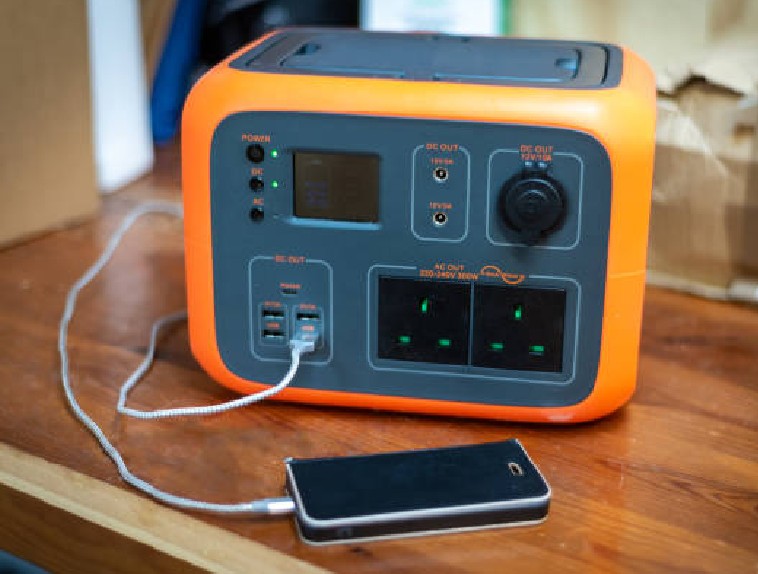
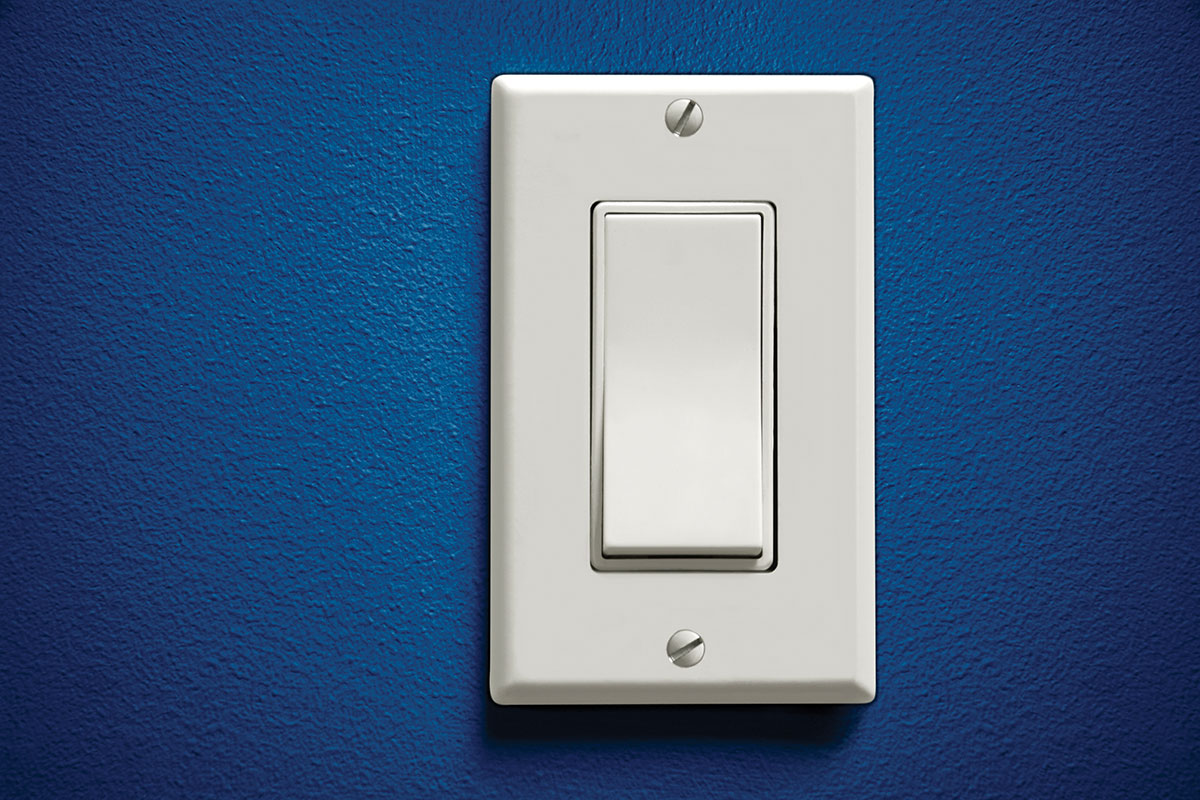
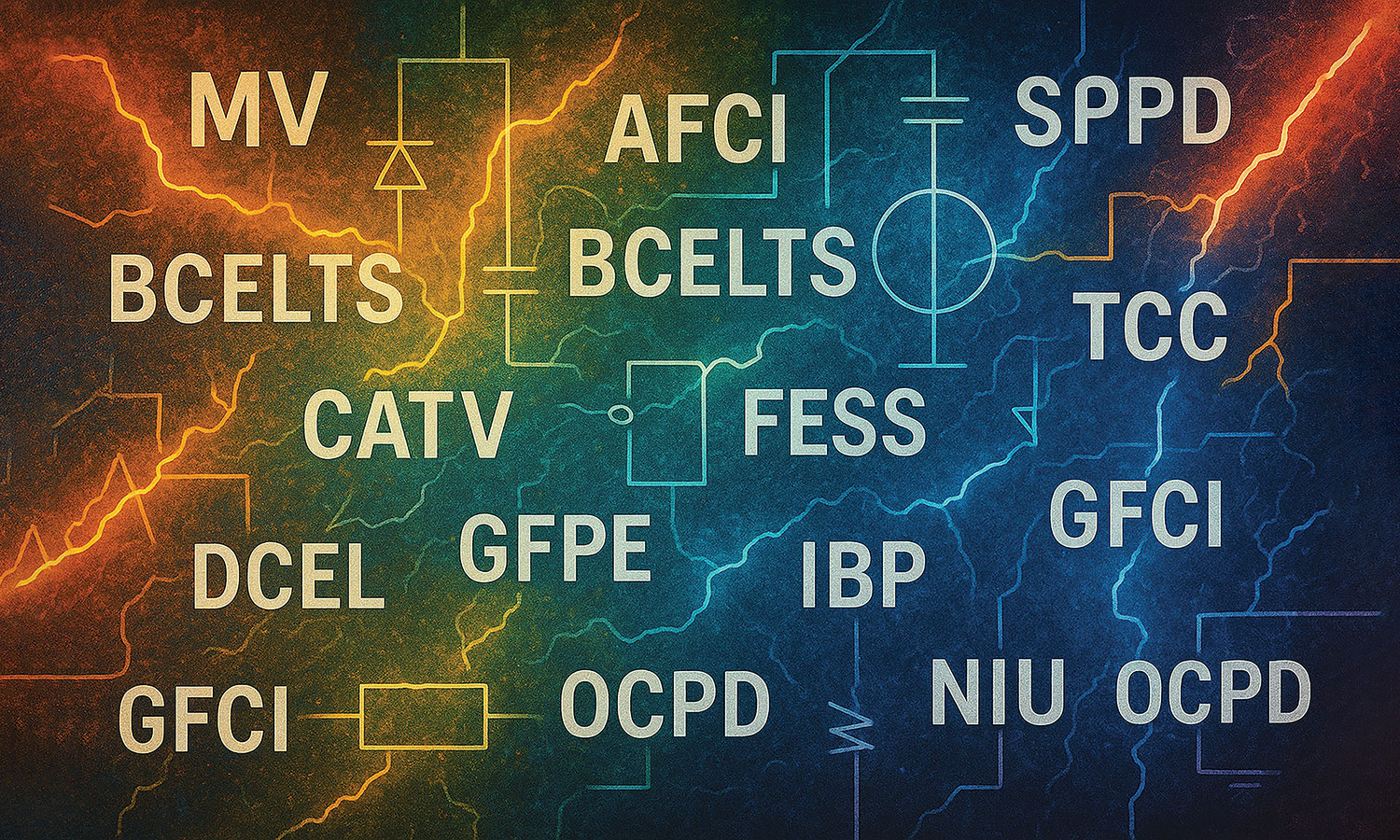






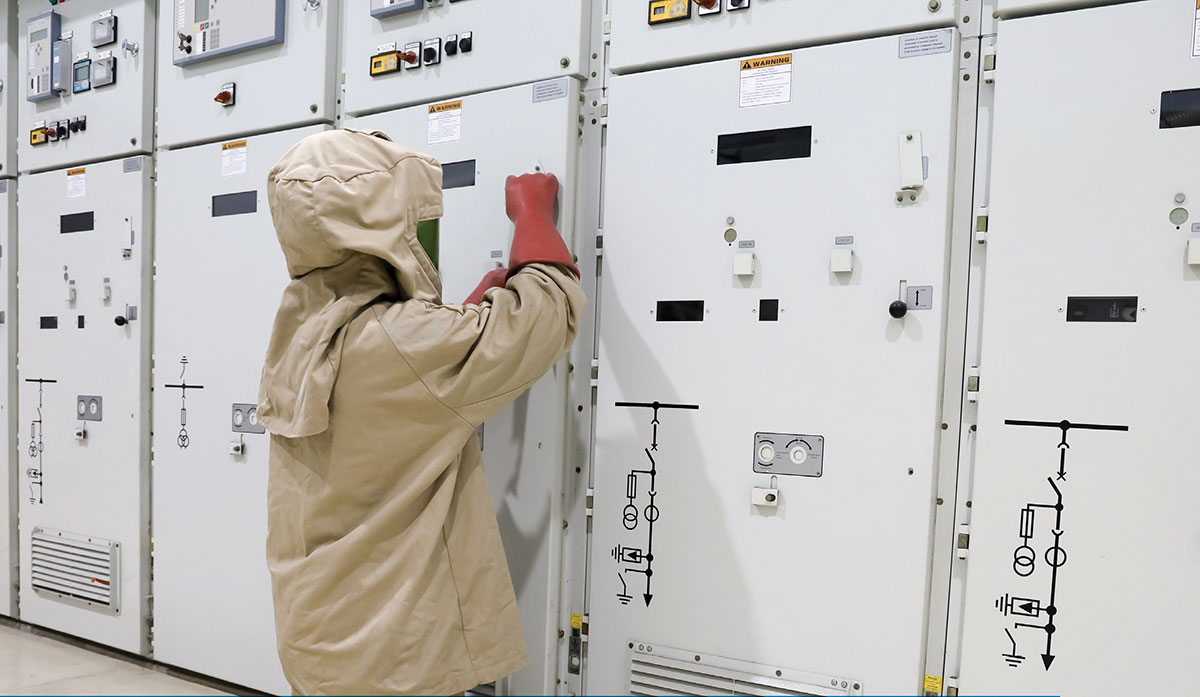
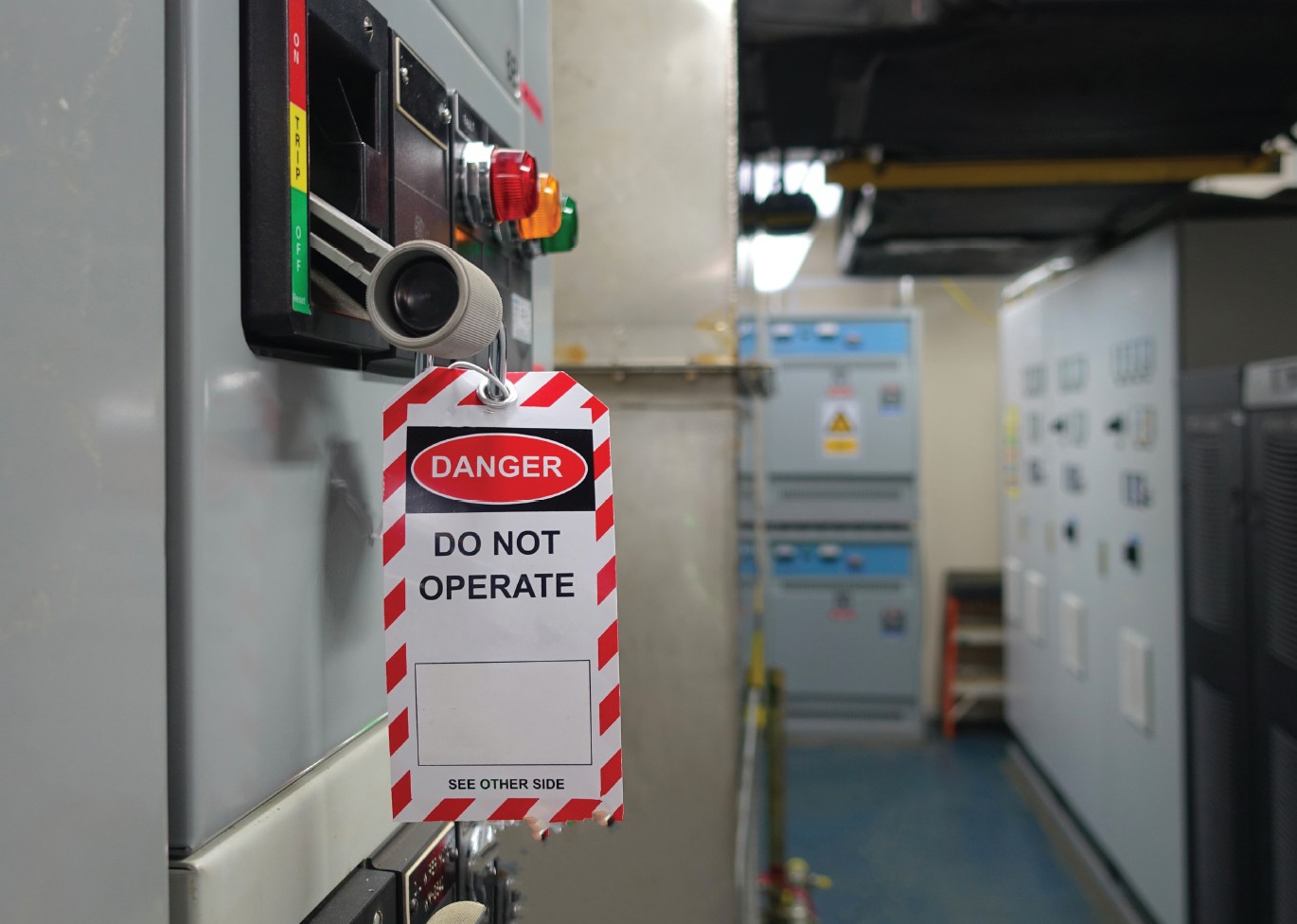
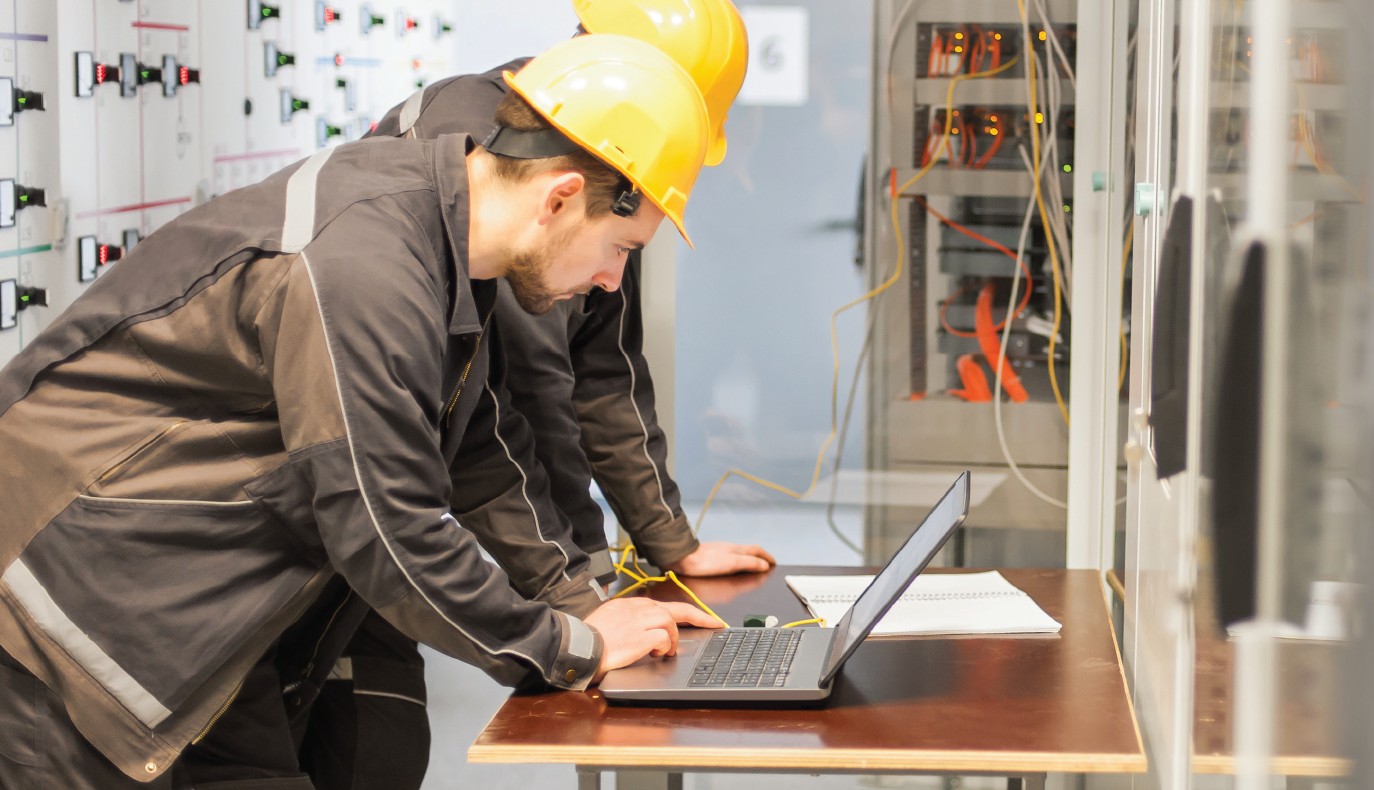
Find Us on Socials